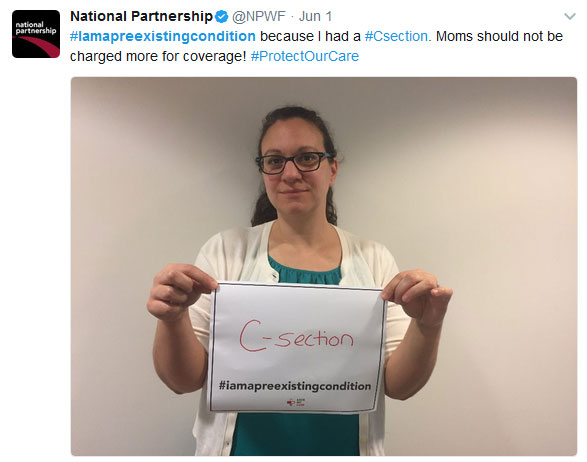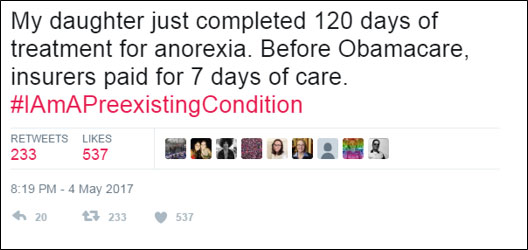Moms are to Facebook what tweens are to Instagram. It’s where she finds advice, attention and, most importantly, an audience. Torn between two brands? Post it. Kid matriculated to middle school? Share it. Fear of losing coverage for your child’s pre-existing medical condition? Promote it.
According to Nielsen research, Generation X (ages 40-52 in 2017) spends the most time on social media: almost seven hours a week versus Millennials, who come in second, with just over six hours a week. Facebook is mom’s channel of choice, with 81 percent using the platform versus 66 percent of dads. Parents, especially moms, interact with their networks frequently. About 94 percent post or comment Facebook regularly.
What’s she posting? Healthcare is always a hot topic with mom on social. She asks about the shelf life of sunscreen, chronicles her 2 a.m. dash to the ER with her wheezing toddler, and invites debate over the best treatments for poison ivy and bug bites. Changes in health—whether positive or negative—are particularly post worthy.
Like the risk of losing healthcare coverage. The fate of the Affordable Care Act (ACA) has moms taking to their worries to social media with hashtags like #IAmAPreexistingCondition and #Csection to vent frustration over losing coverage or higher premiums because they have given birth. Under the American Health Care Act (AHCA)—legislation proposed to replace the ACA—C-sections would be categorized as a pre-existing condition, along with diabetes and congenital heart problems.

Moms are also worried about losing coverage for their families. Some share photos of their children who could die without insurance. Others share their family’s health struggles and openly fret about the impact of policy change.

The ACA/ACHA conversation will continue for months if not years while legislation is considered in Congress. Meanwhile, healthcare will be always be a social media fave. So, what’s a health care provider to do? Participate in the conversation or sit on the sidelines? You may opt to toggle between the two, just don’t ignore mom altogether. She is the undisputed healthcare decision maker in the family. You need her on your side and that means acknowledging her social media activity.
Participate in the conversation.
The topic du jour is the ACA. If you’re a health care provider, chances are your physicians and nurses are already entertaining questions from patients about the ACA. Will I be covered? Will I have to pay more? Your role is to be informative without being political. It may be a tough line to walk, but if you’re not careful you’ll alienate some patients.
Develop a social media plan to keep your team on track. Stick to the hard facts and avoid rumor and innuendo. Your job is to interpret the current policy, not analyze what the impact of proposed legislation. Provide helpful tips and insights into how to use insurance benefits to their full advantage. If and when new legislation is adopted, articulate what if any impact they may experience. Be a guide, a trusted resource that mom can lean on.
Sit on the sidelines.
Just because you can’t contribute to the politics of the day doesn’t mean you should ignore it altogether. Your social media team should monitor the healthcare conversation regularly, providing insights into how consumers are reacting. Think of it as a dynamic, diverse focus group. When people complain of stress, consider content to help families cope in positive ways (yoga, meditation, long walks, etc.). If you work directly with patients, this knowledge will help your team communicate more authentically with them.
In short, mom is freaking out about healthcare coverage right now. She’s commiserating with millions of her compatriots very publicly via her favorite social media channel, Facebook. If you want to build trust and loyalty with mom, pay attention to what’s keeping her up at night and posting at all hours of the day.























